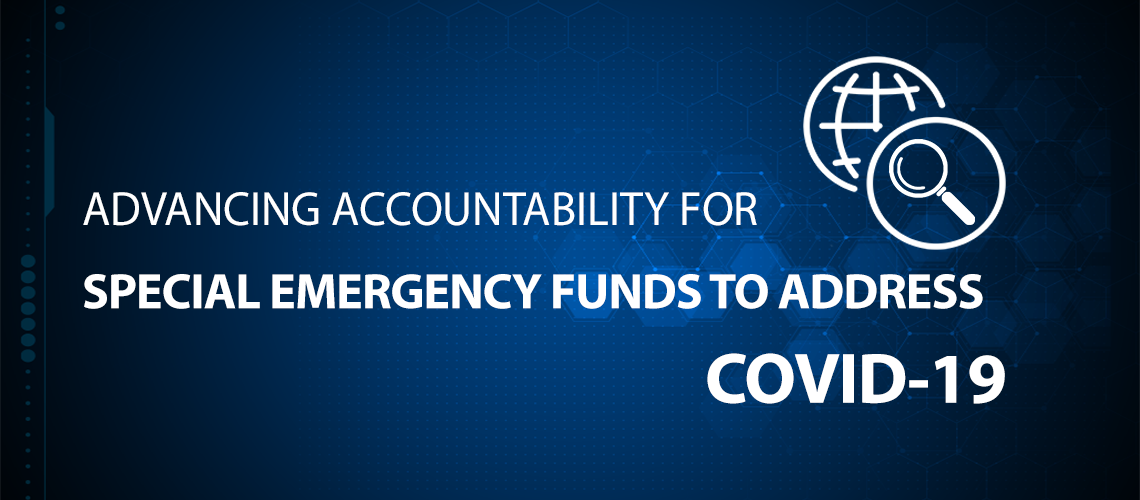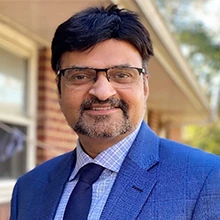 Graphic by World Bank
Graphic by World Bank
In times of crisis, heads of governments sometimes create special funds to mobilize donations for emergency response, to which corporate entities and private individuals can contribute. The coronavirus pandemic (COVID-19) has led to the creation of such funds, and this opens up the debate around spending decisions, how funds are allocated, and the efficiency and effectiveness of expenditures.
In some countries, these categories of funds are kept fully within the oversight of government systems, while in others they are kept as a trust or managed through other similar arrangements. Under the latter approach, the funds largely remain unrecorded. Since money into them does not constitute government revenues, it bypasses parliamentary budget oversight and government financial management controls and processes. And that opens opportunities for corruption.
Ensure complementarity in expenditure across various sources: A high-level national or subnational decision-making body dealing with the COVID-19 crisis could ensure complementarity of funding between the budget and any emergency funds. Processes need to be in place to ensure that there is no double dipping of funding for the same transaction from multiple sources. For example, having a single budget allocation and release, financial report and audit for expenditure could both sources would help minimize the risk.
When there is a need for exceptions, protocols also need to be enhanced: For transactions that do not follow regular government processes, appropriate protocols need to be in place for higher-level authorization to minimize risk of waste, fraud and corruption. The details of these protocols need to be communicated clearly.
Financial reporting arrangements should link to outputs and outcomes: The government must commit to publishing how the money from donations is spent. It will be appropriate to establish mechanisms for reporting the amounts co-financed through the emergency fund at each spending agency level. The total expenditure on COVID-19 from both regular government budget and the emergency fund need to be reported along with output and outcomes. If COVID-19 emergency funds also follow the same public sector accounting standards (International Public Sector Accounting Standards or national standards), the reporting would be relatively more effective. It would be prudent for governments to communicate through various legislative committees on how COVID-19 emergency relief funds are used and the overall result of the spending. A government website for the emergency relief fund could also publish updates on utilization of the funds on a timely basis to enhance transparency and accountability.
Supreme Audit Institutions (SAIs) and private sector auditors can establish credible oversight: There is concern over accountability when an SAI’s mandate does not explicitly require an audit of this category of funds. Appointing the SAI to be the auditor of the emergency fund, where possible, would significantly enhance the credibility of the oversight. Where SAI is not involved, the audit needs to be conducted by a credible external audit firm. In some cases, expenditure may be incurred on a set of activities financed by both sources (the government budget and emergency funds) where funds are blended, and this can cause ambiguity. In such cases, even if the SAI is not responsible for the audit of the emergency relief fund, the SAI audit teams should review the expenditure from the blended sources when they conduct their regular performance audit of COVID19 expenditures.
Civil society can help improve accountability: Civil society organizations can play a crucial role, both as supporting actors as well as monitoring and information sharing bodies. Governments should encourage engagement and dialogue with civil society organizations and citizens openly and transparently, especially when decisions related to the government’s response to the pandemic are involved.
These principles all point to the need for strong institutions to hold leaders and their management of the COVID-19 response accountable. We must not forget that open, transparent and accountable governance and strong institutions underpin a healthy and well-functioning society. This has never been truer than in this crisis.



Join the Conversation